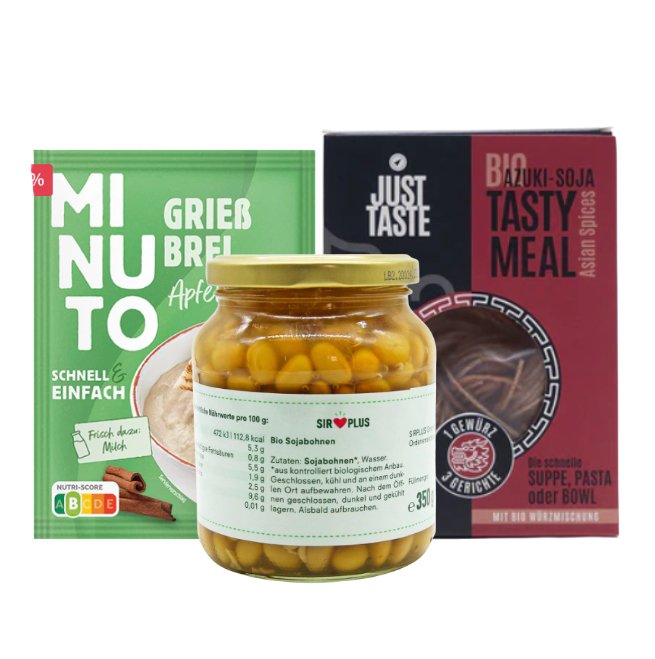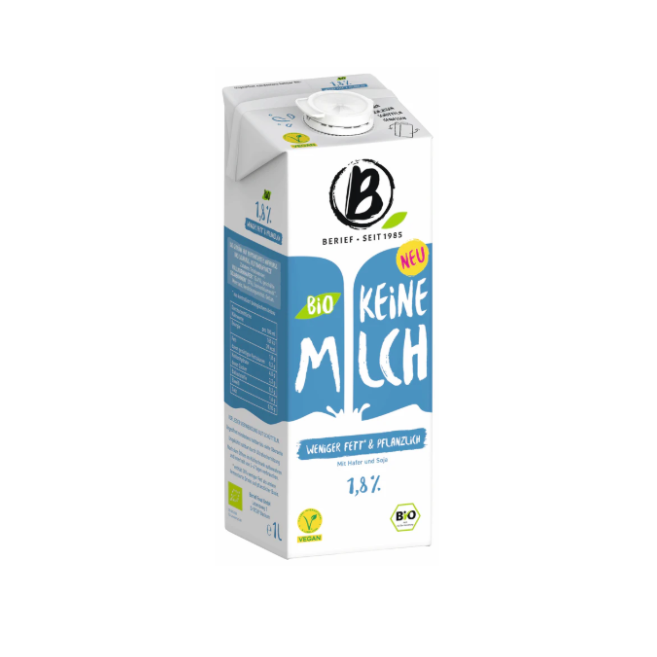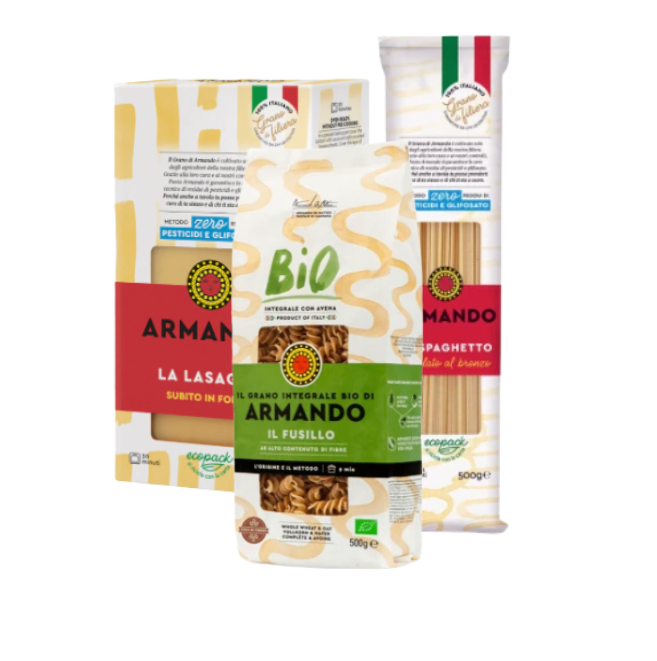How long do canned goods last past their best-before date? The compact guide for safe consumption.
Millions of canned goods end up in the trash every year, even though they are often still perfectly edible. The "best before " date is frequently misunderstood – it guarantees the quality until a specific date, but is completely different from the "use by" date. Many people mistake the "best before" date for a "throw away" date , even though virtually all products are still safe and edible even after the "best before " date has passed, often months or even years later.
In Germany, approximately 75 kilograms of food are thrown away per person, including millions of canned goods . From the perspective of organizations and political actors, reducing food waste through a conscious approach to best-before dates is a crucial step. Consumers play a key role by correctly assessing the best-before date and checking the shelf life of food instead of prematurely discarding it. The reason many canned goods remain edible beyond their best-before date lies in their airtight packaging and gentle processing, which prevents the growth of germs. The central question is: How long do canned goods remain edible beyond their best-before date, and how can you tell if they are still safe to eat?
What does the "best before" date mean on canned goods?
The best-before date ( BBD) indicates the date until which the manufacturer guarantees the quality of canned goods – taste, smell, and appearance will remain unchanged until then. The characteristics of a product, such as smell, color, and taste, serve as the basis for determining the best-before date . This date applies to unopened cans when stored correctly. Different rules apply once opened.
Shelf life of various types of canned goods beyond the best-before date
Canned vegetables
Canned vegetables like corn, peas, or carrots are often still edible at least six months after their best-before date . Pickles and other preserved vegetables often last much longer thanks to acetic acid. Canned legumes also keep for several months beyond their best-before date , but often even for years.
Canned meat and fish
Canned fish should be thoroughly checked 1-2 months after the best-before date . Canned meat products such as sausages or corned beef can be kept for about 2-4 months beyond the best-before date, provided the can is intact.
Ready meals
Ready-made meals like ravioli or stews are usually edible for 4-6 months beyond the best-before date . Canned soups and sauces keep for a similar amount of time. It's important that the packaging remains undamaged and that the products are checked before consumption.
Why do canned goods last so long?
The long shelf life is due to the preservation process: Autoclaving under high pressure and temperatures up to 121°C kills all germs. The airtight can prevents bacteria from penetrating. The metal of the can further protects the contents from light, oxygen, and other external influences, although damaged metal increases the risk of spoilage. Natural preservatives such as salt, sugar, or vinegar support this protection.
The invention of the tin can by humans was a significant advance in the history of food preservation. It allows food to remain edible for longer periods and preserves important nutrients. Besides cans, glass jars are also used as packaging, which can likewise be stored for extended periods.
Proper storage for maximum shelf life
Canned goods should be stored in a dry, dark place at 15 to 23°C, such as a pantry or cellar. Proper storage is crucial for extending the shelf life of the products . A well-organized supply ensures food security, especially in emergencies. When storing and cleaning canned goods, water should be used sparingly to conserve resources. It is important to pay attention to structured storage when managing food and resources. Unopened cans should not be refrigerated, as moisture promotes rust.
Direct sunlight and extreme temperatures should be avoided as they can damage the can and its contents.
Warning signs of spoiled canned goods
Canned goods must be disposed of if:
-
The can is swollen or damaged.
-
Rust or creases affect the can
-
A hissing sound can be heard when opening.
-
The contents smell or look unusual
-
Discoloration or a slimy consistency may occur.
-
A change in the color of the contents can indicate spoilage.
Use your senses – smell, taste, and sight – to check the condition and safety of canned goods . Smell, in particular, is an important indicator of the freshness and safety of the contents. In some cases, discoloration of the contents can indicate spoilage. The condition of the contents is also affected by storage conditions and the condition of the packaging.
The bacterium Clostridium botulinum , which can cause botulism, is particularly dangerous . It grows in damaged or swollen containers and can be life-threatening.
How to properly check expired canned goods
-
Inspect the can for damage before opening.
-
After opening, smell the contents thoroughly.
-
Check the appearance and consistency for any abnormalities.
-
If everything seems normal, try a small amount carefully.
If in doubt, it's best to dispose of it.
Instructions for opened canned goods
Once opened, the canned goods should be transferred to other containers and stored in the refrigerator. They will then only keep for 2-3 days.
Exceptions are products such as ketchup or ready-made sauces, which can be kept for up to 6 months after opening.
Save food instead of throwing it away
Many consumers unnecessarily throw away canned goods after their best-before date . However, handling food responsibly is crucial to protecting health and avoiding the risk of illness from unsafe products. Consciously checking can help save food and conserve resources.
Initiatives like SIRPLUS are committed to rescuing surplus canned goods and other food products and offering them at affordable prices. This reduces waste and promotes sustainability.



